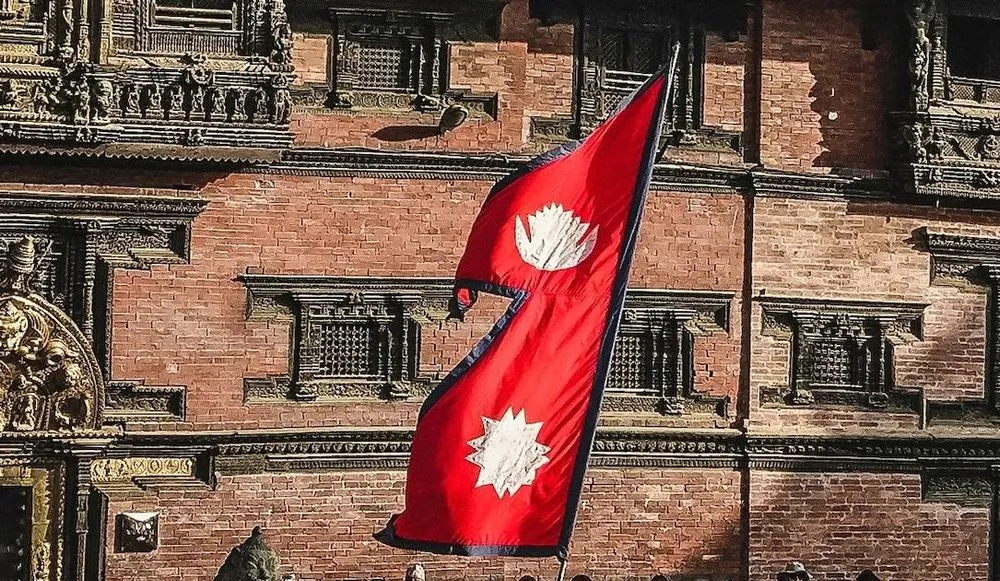Nepal social media ban sparks protests, dozens injured
At least 14 people reportedly were killed and dozens injured in Nepal after police clashed with demonstrators protesting a government ban on popular social media platforms and demanding stronger action against corruption.
Thousands of mostly young protesters filled the streets of Kathmandu on Monday, marching toward parliament after authorities restricted access to 26 platforms last week, including Facebook, Instagram, WhatsApp, Signal, YouTube and X.
Police fired rubber bullets, water cannons and live rounds to repel crowds that tried to storm government buildings, according to media reports. Officials imposed a curfew across parts of the capital in an effort to restore order.
The demonstrations, described by the media as the “Gen Z protest,” drew large numbers of young Nepalis. Many chanted slogans such as “Stop the ban on social media, stop corruption not social media.”
The government said the restrictions followed repeated warnings to foreign tech firms to register locally under a new law regulating online platforms. Only five companies — TikTok, Viber, WeTalk, Nimbuzz and Poppo Live — complied, leaving the rest blocked.
Officials argue that the ban is necessary because fake accounts and unregistered platforms are being exploited by cybercriminals and used to spread disinformation, threatening “social harmony.” Nepal Telecom, the state-owned operator, confirmed last week that it had cut access, while private operator Ncell said it had begun gradually blocking traffic.
About 90% of Nepal’s 30 million citizens use the internet, according to a 2021 report by the Nepal Telecommunications Authority. Local experts warned that shutting down major platforms could hurt businesses and tourism, sectors heavily reliant on social media for marketing and communication. Ncell said nearly half its internet traffic comes from blocked platforms.
Rights groups condemned both the ban and the police response to the protests. Nepal’s National Human Rights Commission urged security forces to avoid “excessive force” against demonstrators, while the global nonprofit Committee to Protect Journalists (CPJ) called the measures a “dangerous precedent for press freedom.”
“The government must immediately rescind this order and restore access to social media platforms, which are essential tools for exercising press freedom,” said Beh Lih Yi, CPJ's regional director.
Governments around the world have used social media restrictions to stifle dissent during political crises. Internet observatory NetBlocks reported that Turkey restricted access to X, YouTube, Instagram, Facebook, TikTok and WhatsApp on Sunday after the main opposition party called for rallies in Istanbul, where authorities also banned gatherings across central districts.
Earlier in August, Russia restricted voice and video calls on WhatsApp and Telegram, saying the move is aimed at preventing the use of foreign messaging apps for fraud. Authorities said call access could be restored if the companies complied with local laws, including by providing information requested by law enforcement on mass fraud and the planning of terrorist attacks in Russia.
Daryna Antoniuk
is a reporter for Recorded Future News based in Ukraine. She writes about cybersecurity startups, cyberattacks in Eastern Europe and the state of the cyberwar between Ukraine and Russia. She previously was a tech reporter for Forbes Ukraine. Her work has also been published at Sifted, The Kyiv Independent and The Kyiv Post.



